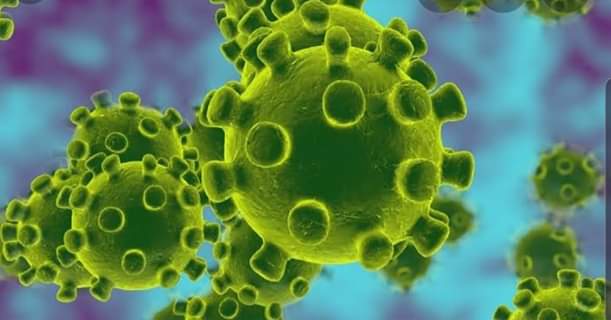
PRESS STATEMENT ISSUED BY THE HONOURABLE MINISTER OF ENVIRONMENT, DR MOHAMMED MAHMOUD ABUBAKAR ON THE ENVIRONMENTAL HEALTH RESPONSE TO CORONA VIRUS DISEASE OUTBREAK IN NIGERIA ON TEUSDAY, 3RD FEBRUARY, 2020
Despite the proactive emergency measures taken to prevent the Nigerian State against the global rapid spread of the Corona Virus Disease named COVID 19 and declared an International Public Health Emergency by the World Health Organization, Nigeria has unfortunately recorded an index case penultimate week. While appreciating the efforts of the Federal Ministry of Health for its proactive handling of the COVID 19 preparedness, I feel that the Federal Ministry of Environment has roles to play in support of the Health sector in tackling this international come national emergency.
2.So far, the transmission of the virus has occurred internationally from civet cats to humans and from dromedary camels to humans affirming its zoonotic nature while several known corona viruses are circulating in animals which are however yet to infect human beings. In China, where the COVID-19 originates from, bats are found to be reservoir of infection. Additionally, high suspicion is being placed in Markets as a part of epidemiologic investigations through environmental sampling from Seafood Markets targeting the source and type of wildlife species offered for sale there. The fact that the COVID-19 pathogen is just heralded, no known pre-existing immunity in humans abound hence, everyone is assumed to be susceptible.
3.Based on the foregoing, the Nigerian response needs to be comprehensive, multi-stakeholder and multi-sectoral in nature learning from countries presently at war with the novel COVID. The response also should be non-pharmaceutical-based as recommended by the World Health Organization. To this end, Risk factors such as mingling of people, consumption of sea foods and wild life meat otherwise known as ‘Bush Meat’ increase human susceptibility to infection. Human to Human infection is largely responsible for fast transmission of the virus.
4.In the light of this therefore and in furtherance of One-Health, the Environment Sector under the leadership of the Federal Ministry of Environment will key into the COVID 19 containment strategy of the Health sector. We shall deploy Environmental Health Officers to coordinate essential strategies in identified high risk areas in Nigeria. Public places such as Motor parks, Train stations, Market places, Schools and similar places will be put under surveillance. The international best practices of instituting Cordon Sanitaire and Social Distancing in our communities where needed, will be utilized in order to limit contact of people with those that may be infected with the viral disease. Essentially, preventing the contamination of the environment in these settings will be the thrust in this Environmental Health Response and Preparedness. Universal temperature monitoring, masking, and hand washing in addition to mobilization protocols shall be prioritized in the Environmental Contingency Plan.
5.The Ministry shall support the Ministry of Health by deploying Environmental Health Officers at Nigeria’s frontiers to beef up surveillance by Port Health Officials. Similarly, a large pool of Environmental Health Volunteers will be mobilized for this purpose. In the same vein, Environmental decontamination and disinfection shall be undertaken in high exposure areas with a view to killing the enveloped viruses.
6.Furthermore, I would like to urge Ministries of Environment at the States level to be proactive and key into the preparedness in their respective States. That way, the containment of the Corona Virus will not only be multi-sectoral but also easier and more effective. I hereby charge Environmental Health Officers in States and Local Governments to engage butchers to ensure they do not handle, slaughter, dress, sell, and prepare meat originating from wild animals or sick livestock which have died from unknown causes.
7.Lastly, for the sake of emphasis, I would like to call on all Nigerians to ensure they regularly wash their hands, cover their mouth and nose when coughing and sneezing, thoroughly cook meat and eggs, and avoid close contact with anyone showing symptoms of respiratory illness such as coughing and sneezing. It is also important that Nigerians be on the watch out for any unusual sick or dead animals and report same to appropriate authorities.
Thank you!












